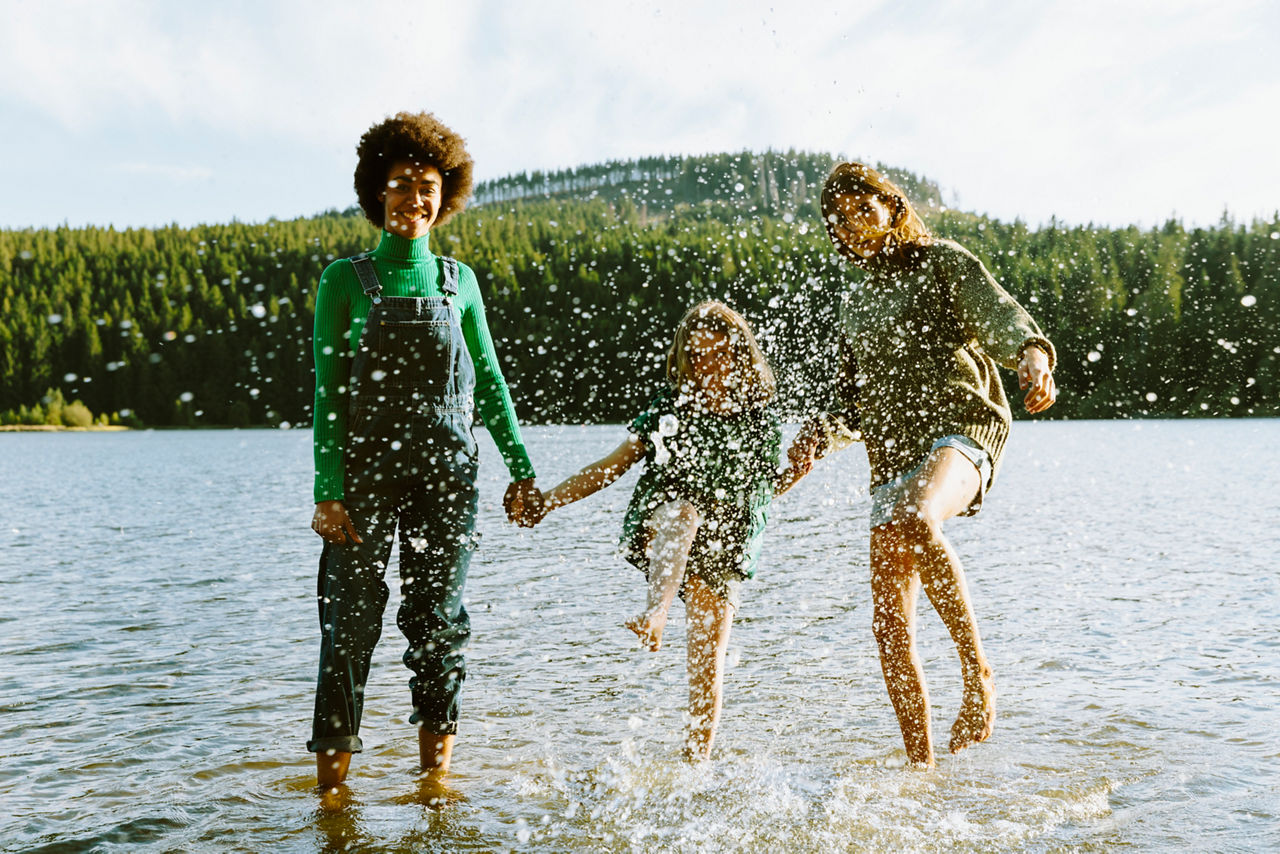We act to conserve and restore water resources. Today and for generations to come.
Water is essential for all life on the planet and for our modern economy. Yet fresh water accounts for only 2.5% of the water on the entire planet. And it is unevenly distributed. As the human population continues to grow, water scarcity has become a serious social and environmental problem, accelerated by climate change. As part of our 'One Planet. One Health' vision, we take our corporate responsibility seriously and use our reach to do good. We are relieving areas where water is scarce by helping to conserve and restore ecosystems, wetlands and natural water cycles; by using circular economy principles inside and outside our factories; and by continuing to work towards our goal of providing safe drinking water to as many people as possible.
We have developed a water strategy based on three fundamental pillars:
1. CONSERVE WATER RESOURCES AND THE NATURAL ENVIRONMENT
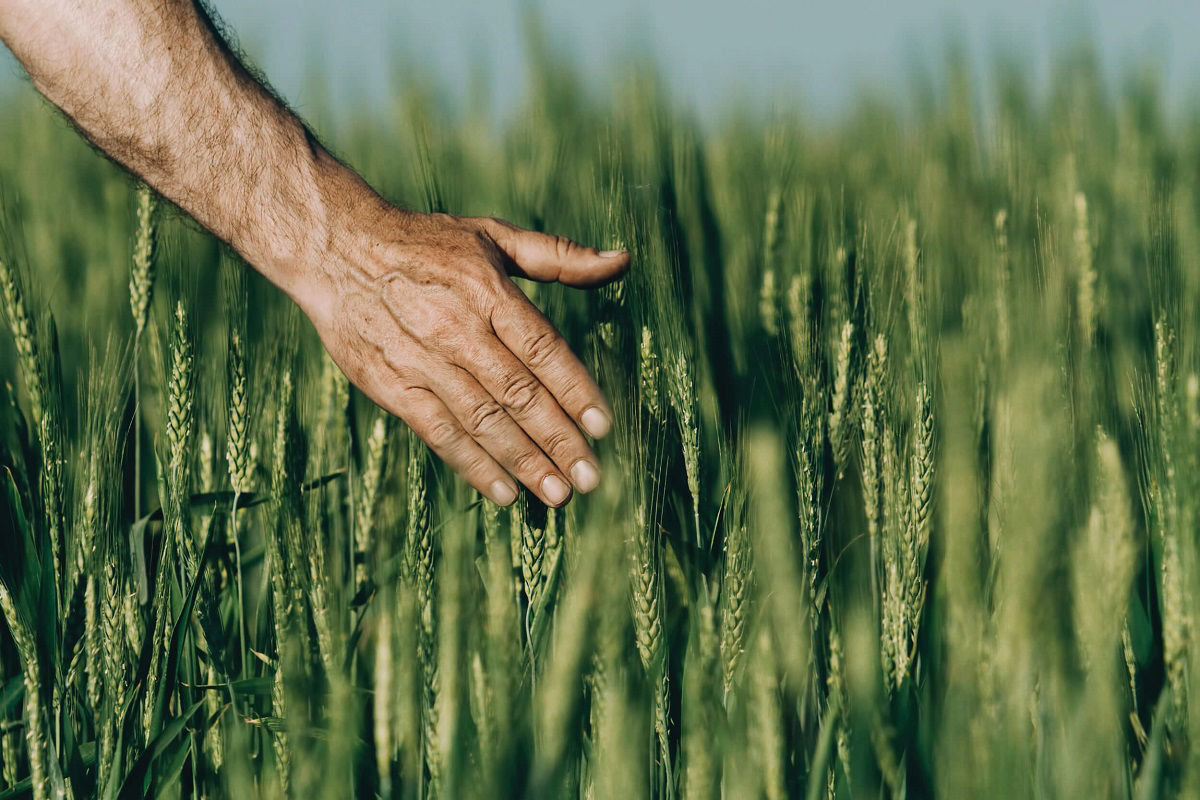
A. Agriculture
Support regenerative agriculture that respects natural ecosystems and water cycles.
Due to the fact that agriculture is responsible for 89% of the total water footprint, the health and sustainability of our agricultural supply chain is a key focus of our water stewardship and regenerative agriculture programme. We have developed a collaborative approach to ensure the adequate and reliable management of water for agricultural production. We work closely with farmers to jointly develop smart ways of using water and sustainable farming models that meet local needs - always in cooperation with relevant public and academic partners.
Regenerative strawberry cultivation in Mexico and Morocco
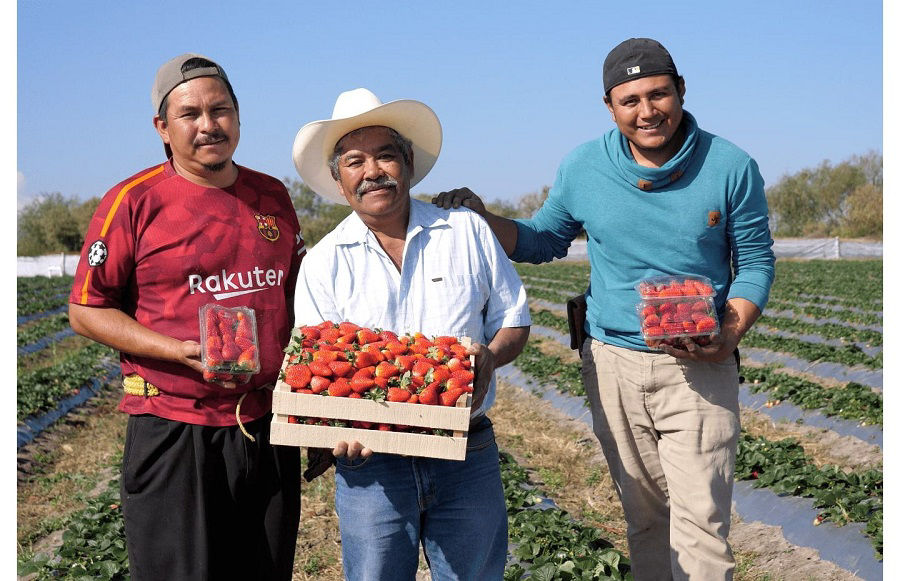
In Mexico and Morocco - two of the most important production areas for strawberries - Danone promotes regenerative farming practices to farmers. They receive training, technical support and incentives to improve water management on their farms, reduce water volumes and ensure the right quality by using less pesticides. These practices increase farmers' competitiveness, improve their working conditions and strengthen their relationship with their ecosystems. This leads them to be more sustainable in their activities as farmers.
In Mexico, we have helped farmers improve water quality by reducing the amount of fertiliser that seeps into ground and surface water. Here, the amount of organic fertiliser has been increased by 15% and the amount of pesticides has been reduced by 15%. This has also improved livelihoods, with an average 30% increase in net income for farmers.
We lead almond research in Spain
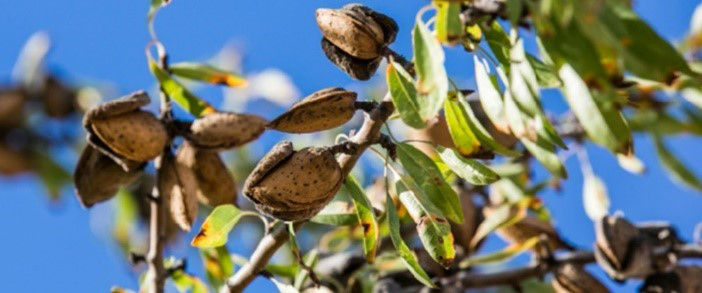
Danone's Alpro brand - the leading plant-based food brand in Europe - has developed a pilot project called "We only have one planet - lead the change" together with WWF and other partners such as the International Union for Conservation of Nature. In Spain, the project supports growers who cover 10% of the brand's total almond sourcing.
Rather than simply setting water efficiency targets, this project aims to set production targets based on defined environmentally friendly boundaries. Extensive studies have been conducted to help Alpro and its suppliers better understand the watersheds from which the almonds originate and to create concrete action plans for other operations within the supply chain.
B. WATERSHEDS
We use nature-based solutions to conserve water resources in the watersheds where we operate.
Working with an in-house team of hydrogeologists with more than 20 years of combined experience, we have developed water management plans with local communities, water users, water suppliers and government agencies for sustainable water management and appropriate watershed stewardship. By focusing on landscape-based approaches and nature-based solutions - such as agroforestry, wetland conservation and optimising agriculture - we achieve numerous benefits, including improving biodiversity, soil health, carbon sequestration, sustainable water resource management and livelihoods.
Community action in Indonesia
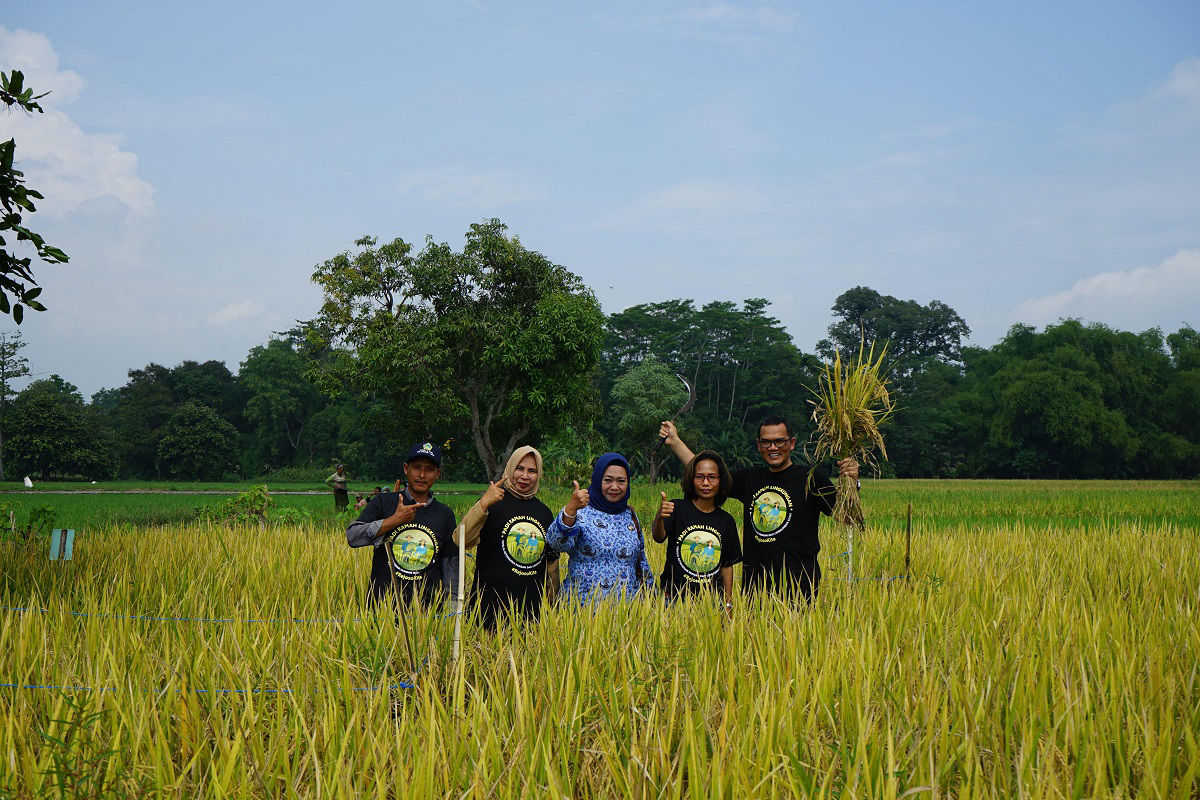
Danone, the Danone Ecosystem Fund and the World Agroforestry Center (ICRAF) joined forces in Indonesia to protect the threatened Rejoso watershed. Various nature-based solutions have been used to improve water conditions, mitigate flood risks and minimise erosion. Based on several scientific studies carried out in cooperation with universities, the focus is now on more climate-smart rice cultivation practices in the downstream area, as well as on borehole management for more efficient and sustainable water use.
Depending on the scope of the project, water use has been shown to be reduced by 10-40%. This method additionally reduces carbon emissions and chemical pesticides and has improved farmers' livelihoods by increasing net income by 20%.
Actions in the evian® watershed in France
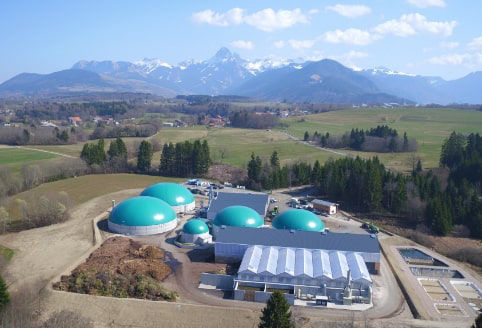
Since 1992, evian® has been committed to safeguarding the long-term quality of its watersheds in partnership with APIEME (Association for the Protection of the Impluvium of evian® Mineral Water). In 2008, the International Ramsar Convention included the Impluvium in its list of wetlands of international importance due to the ecological quality of its marshes and bogs. With Terragr'eau, APIEME has built a biodigester that converts livestock effluent and organic waste from farmers into biogas for 1,200 inhabitants of the town of Evian-les-Bains and organic compost to fertilise the local soil.
Most of the agricultural land in the watershed now uses biofertiliser. A dedicated cooperative of farmers manages the compost spreading process, which reduces fertiliser costs and supports sustainable agricultural development.
Protecting nature reserve in Argentina
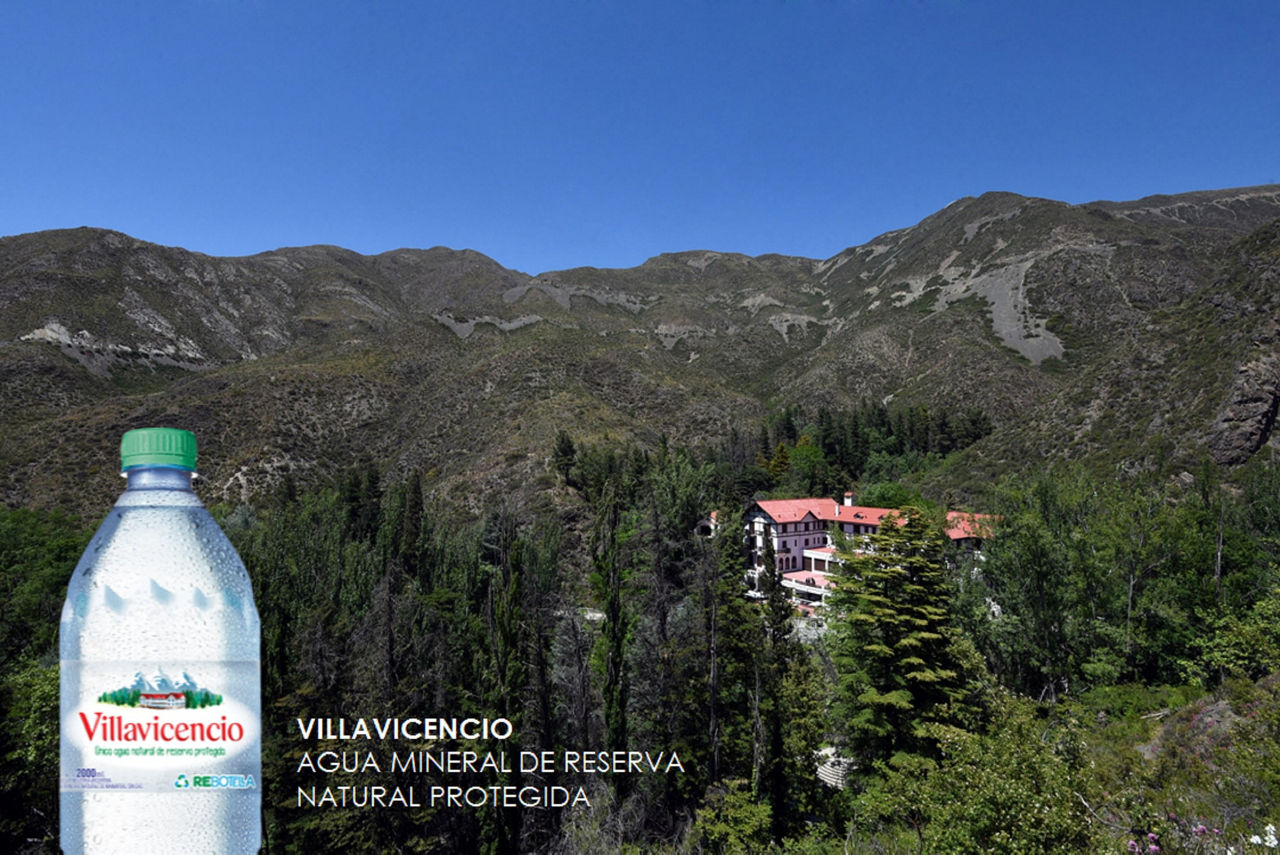
The Fundación Villavicencio was founded with the aim that local citizens collectively manage the Villavicencio Nature Reserve in Argentina in an ecologically responsible way. The pillars of action of the foundation are: Education for Sustainability, Conservation of Historical Archaeological and Biological Heritage, Protection of Water Resources and Ecosystems, and Support for Scientific Research.
The conservation plan for the watershed covers 72,000 ha, is designated as a "site of international importance" by the Ramsar Convention and protects 250 animal and 327 plant species. In 2019, nearly 5,000 children participated in its education programme and a total of 240,000 people visited the reserve.
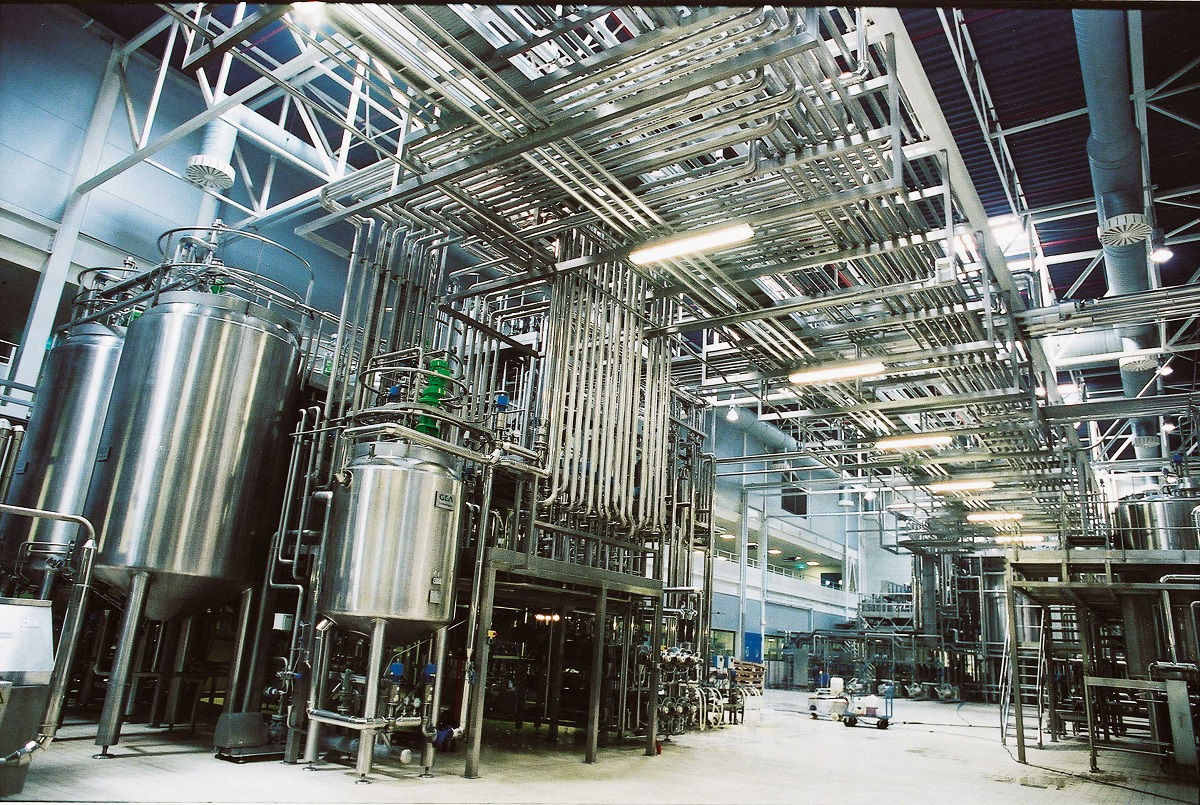
We are working to further reduce water consumption, clean effluent more thoroughly and improve water cycles in our operations and beyond.
We have been working for more than 20 years to improve water use efficiency and wastewater quality in our operations. To this end, we conduct specific risk assessments using a new water risk filter tool developed by the World Wildlife Fund (WWF). This enables us to prioritise those factories that are at higher risk from water scarcity. We are developing mitigation programmes and environmental roadmaps to reduce water use in operations and improve the cleanliness of our wastewater through a high-level internal standard - the Danone Clean Water Standard. We are intensifying our efforts at sites in high-risk areas, as well as at all our remaining sites.
Zero Impact Operations in Belgium
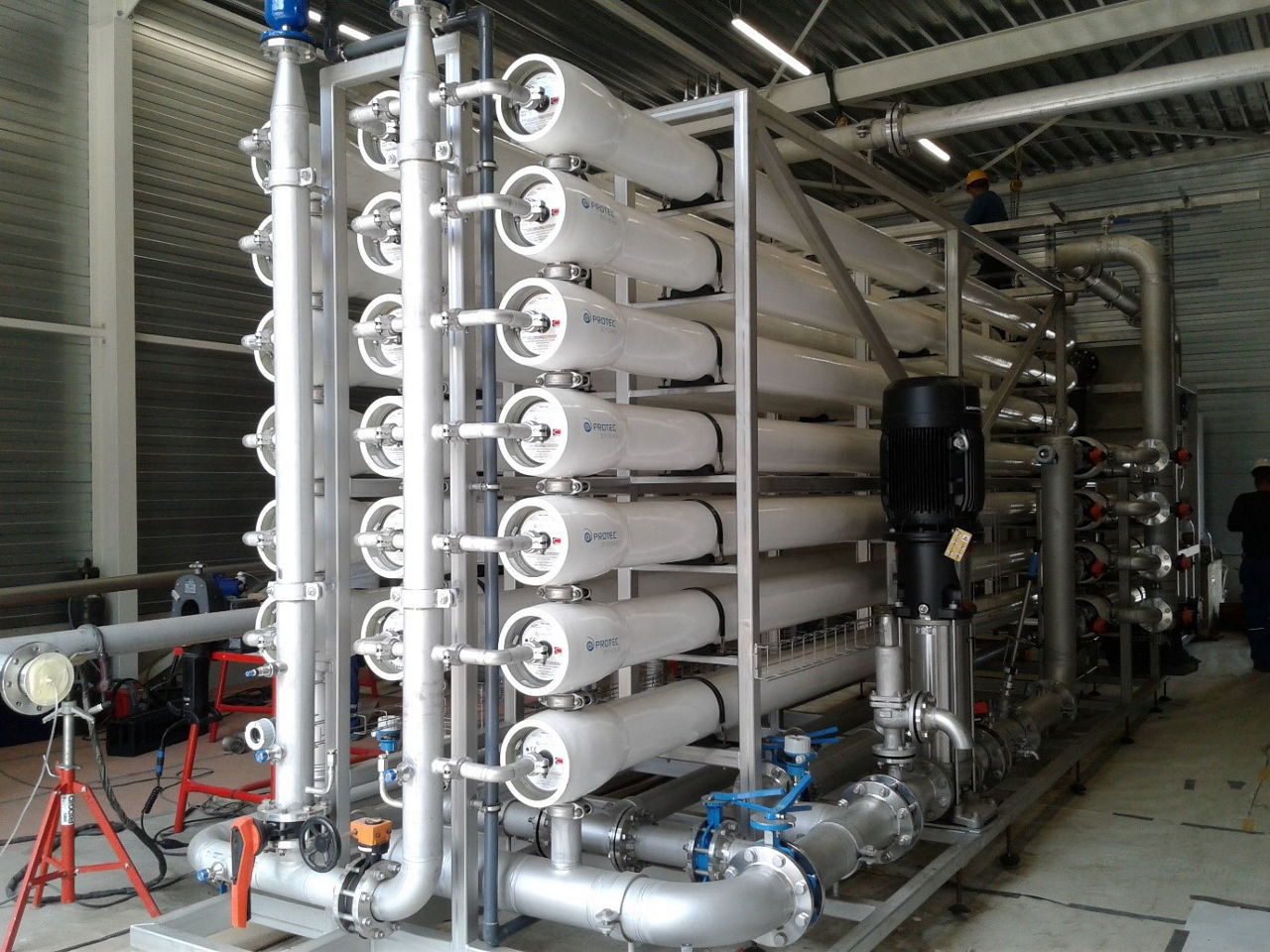
At Danone's Rotselaar dairy in Belgium, the Waterless project is part of the Zero Impact Operations programme. Using two-stage filtration technologies, wastewater is treated and recovered directly as clean water to be reused in factory processes. This helps to close the factory's water cycle, allowing 75% of the water to be reintegrated and reused in operations. As a result, overall water consumption and pressure on groundwater supplies are reduced.
Zero water factory in India
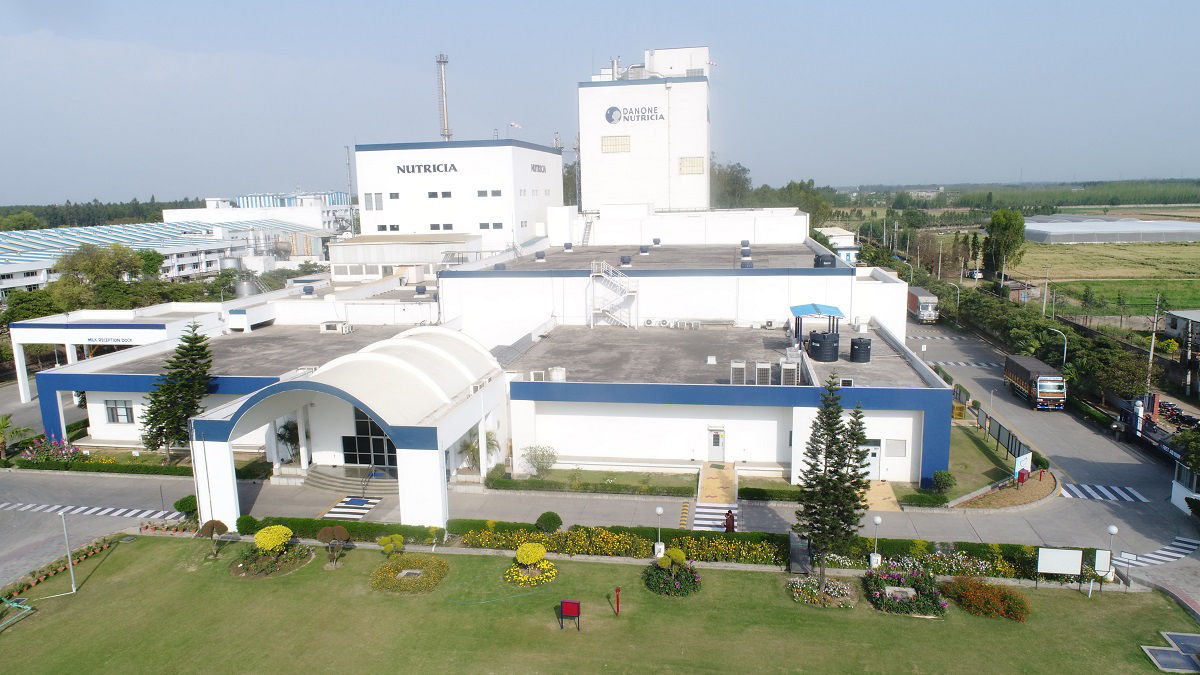
To address the potential risk of water scarcity, our Specialised Nutrition Division's manufacturing facilities in Lalru, India, use the "4R-method" - Reduce, Reuse, Recycle, Reclaim. In the last three years, water consumption in factory operations has been reduced by 52% through water reduction and reuse. The site has also introduced rainwater harvesting techniques with the aim of returning twice the amount of water used by the factory to groundwater. The factory is now installing an innovative water recycling solution for its fresh milk processing.
A second life for water in Mexico
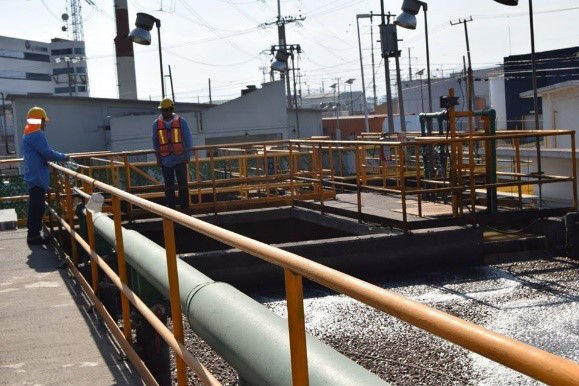
In Mexico, water gets a second life thanks to our Bonafont brand: There, purified water is donated to third-party users. The team analyses the chemical and physical state of wastewater, looks at water demand in the outside world and establishes efficient water treatment and transport processes. The initiative has strengthened cooperation between the various users of the aquifer and reduced pressure on water resources. As a result, almost 300,000 m3 of water was provided to a nearby business in 2019.
3. ACCESS TO SAFE DRINKING WATER FOR VULNERABLE PEOPLE AND COMMUNITIES
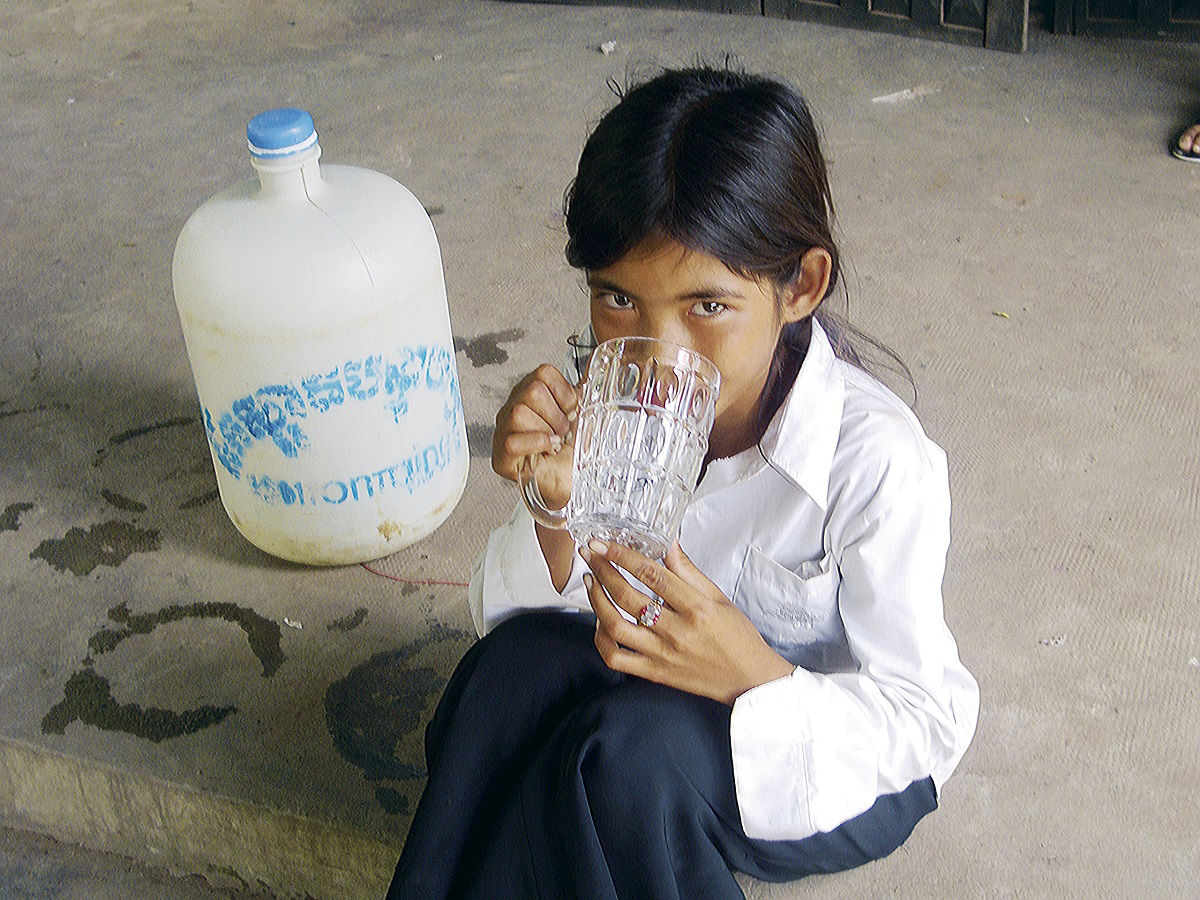
We promote innovation to bring clean drinking water to the people who need it most.
Since 2007, Danone Communities has been bringing safe water to vulnerable communities in many parts of the world through investment. The Social Business Fund supports social entrepreneurs and their innovative businesses that aim to provide low-income populations with access to water or healthy food. Danone Communities provides the necessary resources, including capital, technological expertise and strong networks. To date, eight social entrepreneurs have been supported in this way for access to water, reaching over five million people every day.
Water kiosks in India
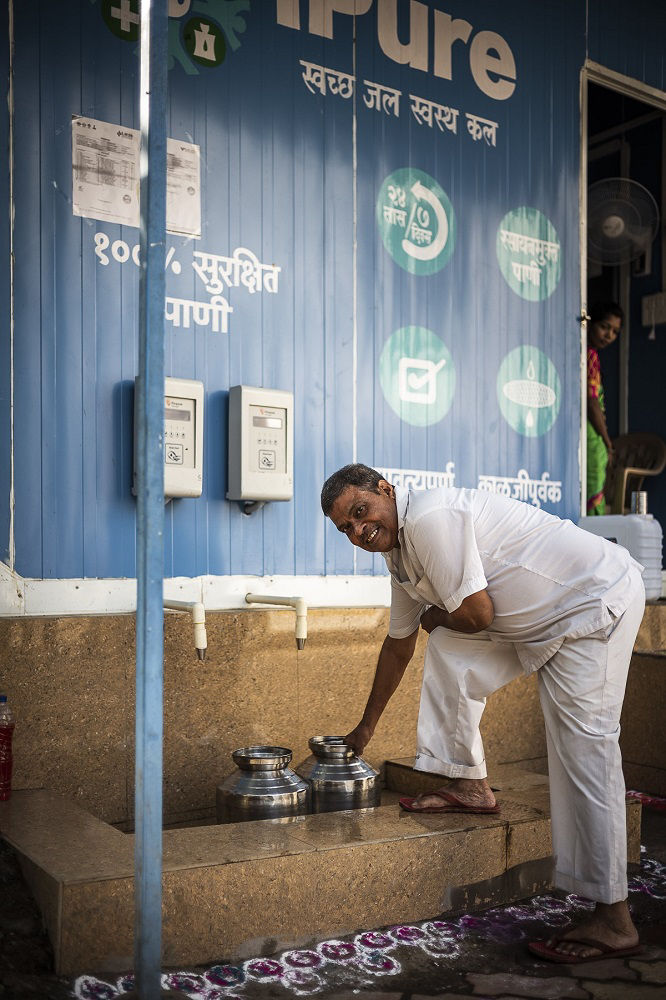
In 2005, the Naandi Foundation opened its first water kiosk in rural India. A few years later, Naandi Community Water Services was established as a joint venture with Danone Communities to jointly develop solutions for sustainable water management. Gradually, water kiosks were successfully set up. For this, local communities provide land, while Naandi Community Water Services contributes its expertise.
The kiosks are managed by a local operator appointed by the community. They are equipped to treat bacterial and chemical contaminants that are often present in groundwater. In addition, activities are conducted annually in villages and schools to raise awareness of best so-called WASH (water, sanitation and hygiene) practices. Naandi Community Water Services commissioned its 647th water kiosk in 2019. The kiosks now provide clean water to over 700,000 people every day.
Discover more Danone Communities projects here.
AQUA's partnership in Indonesia
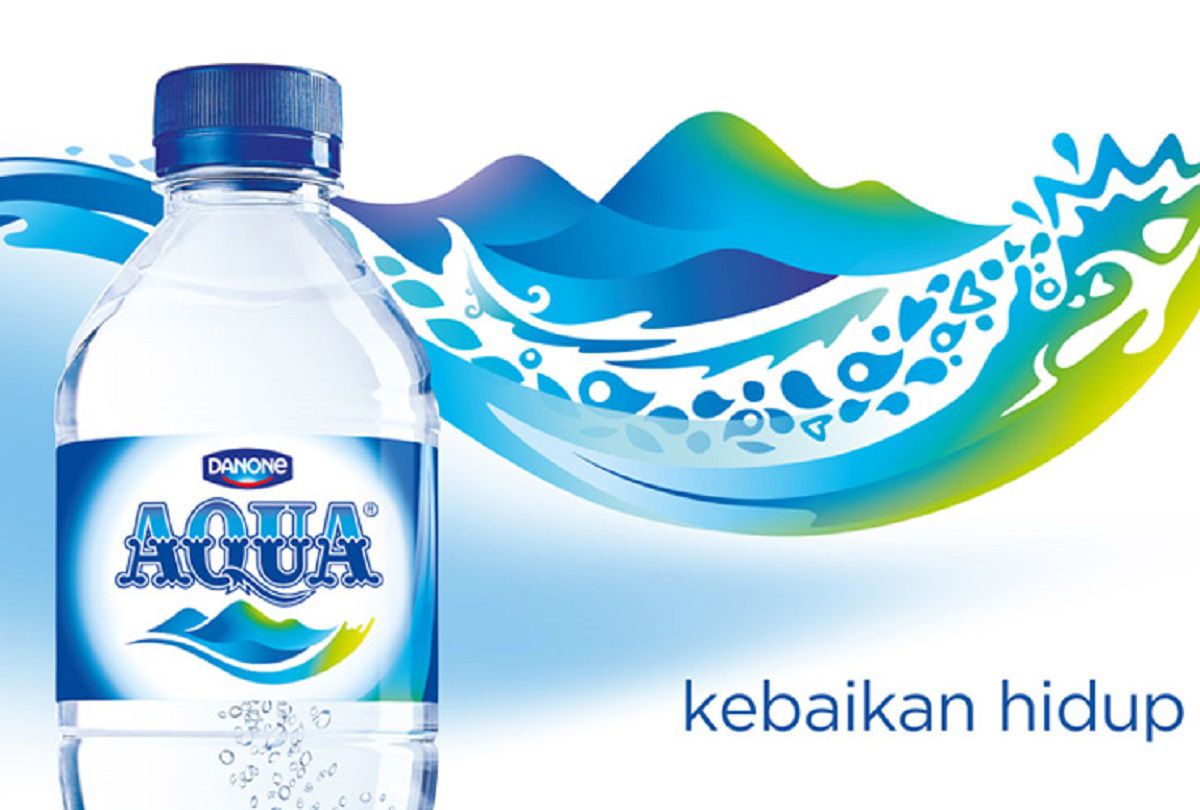
To improve access to water, our water brand AQUA is partnering with water.org. For every 1-litre AQUA bottle purchased, the brand ensures access to 10 litres of clean water for communities in need. This is achieved through a water credit programme and cooperation with local financial institutions.
As financing is one of the main obstacles to access to water in Indonesia, AQUA and water.org are working together to ensure that rural communities receive more affordable loans. These can then be used to buy pumps, build boreholes or extend domestic water connections. So far, clean water is being delivered to over 54,000 Indonesians in their households. Similar models are being developed and used by other Danone water brands such as Villa del Sur in Argentina.
Volvic's partnership worldwide and in Germany
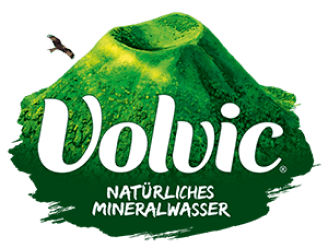
Access to clean drinking water must be a fundamental right for all. That is why, with the help of Danone Communities, since 1 January 2020 every litre of Volvic naturelle contributes to providing one litre of clean drinking water to people in need in Cambodia, India, Haiti, Mexico, Bangladesh, Nigeria, Rwanda, Uganda, Kenya and Senegal.

